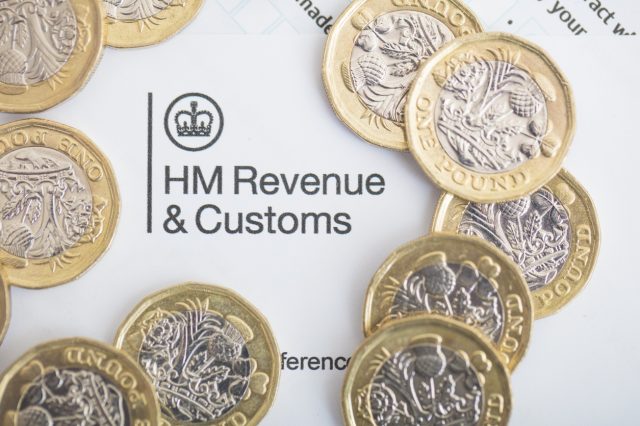As the famous saying goes, ‘in this world nothing can be said to be certain except death and taxes’. And while sorting out tax returns and handing over a portion of your income can seem like a headache, it’s true that it’s an inevitable part of modern business life. For that reason, it makes sense to stay as on top of the latest tax news as possible in order to prepare yourself and your business’ finances for the obligations you’ll need to meet in the coming months. With that in mind, here are some of the top tax laws you’ll need to know about this year.
IR35 is changing
IR35 is the set of regulations that control how some businesses interact with and employ contractors, freelancers and other non-permanent workers without standard employment contracts. It’s common, for example, for some contractors to set themselves up as a limited company, appoint themselves as a director and then receive their earnings through the company for tax reasons. But changes to the law mean that there will soon be penalties in place if it can be shown that the worker would be a normal employee if they weren’t using another legal structure within which to work and earn, and it could be that your freelancers are now seen as “disguised employees” as a result. For that reason, it’s wise to get help with IR35 from experts so that you’re not caught out by the changes.
The “staircase tax”
A number of businesses which previously operated out of a single room in shared premises accessed by a joint lift or stairwell may have noticed that they recently had to start paying higher business rates. That was because of a Supreme Court decision, but proposed legislation is set to overrule that. If the law is approved, businesses will soon be able to ask the tax authorities for a recalculation – meaning those affected will be able to claim back the cash they had to pay out in the unfair higher rates.
Self-employed tax changes
Those who operate as sole traders may also see changes to their tax bills this year. The personal allowance, for example, is going up to £11,850, which means sole traders earning above that amount will be able to keep more of their income. Those self-employed people who work through a limited company, however, may be impacted by changes to the dividend allowance, which is going down from £5,000 to £2,000. If that might affect you, it’s worth scheduling an appointment with an accountant to discuss the changes.
2018 is shaping up to be a busy year for the business tax world, and there’s plenty to keep on top of. From changes to the rules around contracting to proposals to shift the way businesses in shared spaces are taxed, there are all sorts of things to think about. By staying abreast of the changes and seeking professional advice where necessary, it’s easy to make sure you don’t lose out through the shifts in legislation.













